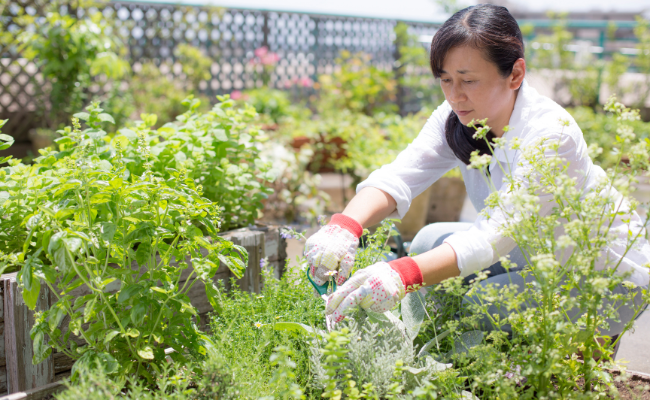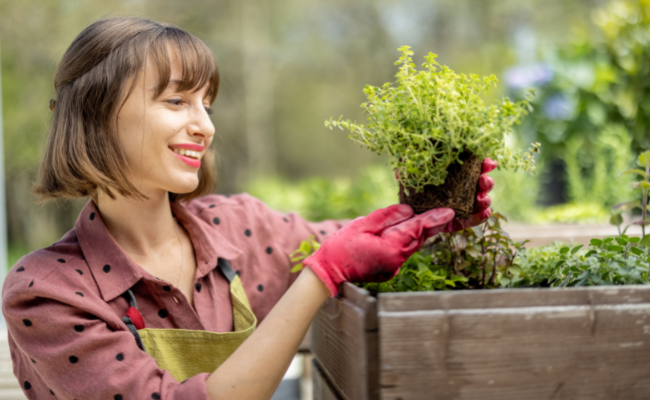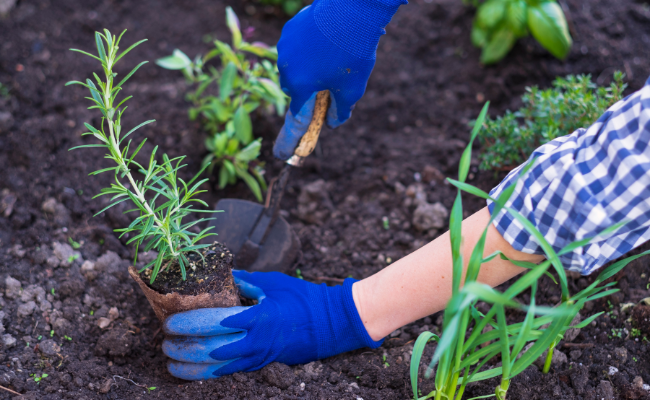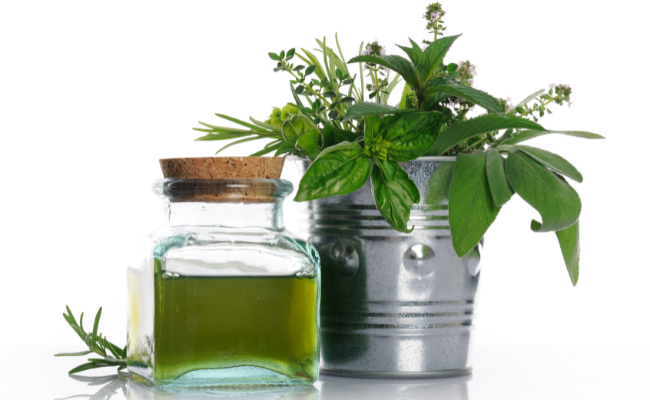The Healing Garden: Cultivating Nature’s Medicines at Home
Over the years, herbs have been an excellent garden remedy for several health challenges. Amazingly, these plants have healing powers, so more people prefer using natural remedies over traditional medicine.
Look around, and you’ll find that herbs are grown in more places than we’re used to seeing. Growing your plants is an excellent way to include nature’s healing techniques in your daily routine, and cultivating one is effortless and affordable.
Whether you choose a large garden or a windowsill, choose the suitable one. Let us explore some of the most commonly used herbs for healing and how you can effectively cultivate one for yourself.
Benefits of Growing Your Herbs
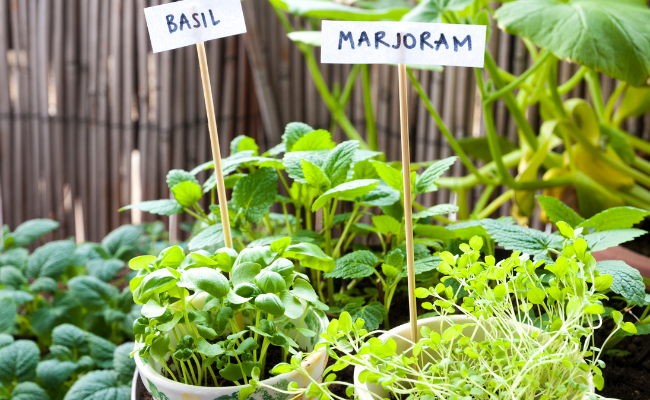
Growing your herbs is one way to add fresh flavors to your meal recipes, and what’s more, it has several health benefits. Below are some of the benefits of producing your garden remedies:
They are fresh
By growing your own seedlings, you can pick them when they are very fresh, meaning you will get the most flavor and nutrients possible. Using fresh herbs can significantly improve the taste of your dishes.
Accessibility
Growing your plants makes them more accessible to you, saving you time and money from going to the grocery store whenever you need some.
Proper Management
Growing your own spices gives you total control over their cultivation process, ensuring you can grow them organically and without unhealthy chemicals.
Health Improvement
Having your herb garden makes it easy to rear healthy, fresh, organic plants that can improve your health in many ways. Improved digestion, immune system booster, detox, and stress reduction are a few things they can do for you.
Sustainable living
Growing your garden remedies is a simple yet effective way to reduce environmental impact. It limits the amount of packaging and transportation to get some from the store.
Understanding the Basics of Herb Gardening
There’s no better way to access fresh spices beneficial to your health than growing your garden. Understanding the basics of herb gardening is an important step to growing yours. Some of the factors to consider are:
Location: The location you plan on using to grow your herb garden must have adequate sunlight. For them to thrive, they need at least 6 hours of daylight daily.
Type of Soil: For your garden, it is essential to have soil rich in organic matter and drains well. You can improve the texture and nutrients of the soil by adding organic matter or compost.
Watering: These plants don’t do well if overwatered. They prefer moist soil, so it’s best to water them deeply but not frequently to prevent waterlogging the ground.
Maintenance: Keep your garden free of weeds, and regularly prune your seedlings to encourage growth.
Harvesting: When you harvest your seedlings often, you promote new growth and preserve the freshness and flavor of the plants.
Choosing the Right Herbs for Your Garden
Choosing the appropriate plants for your garden can be enjoyable, but it’s essential to consider some factors when deciding which herbs to cultivate. Here are some of the factors to look at:
- What do you intend to use them for?
- What health benefits do they have?
- How much space do you have available?
- How would maintenance culture be efficient?
Answering the above questions will help you choose the right plant spices for your garden.
Common Herbs for Health and Healing
Certain garden remedies provide a range of health and healing benefits. Including them in your diet can help improve your health and overall well-being.
Here are some common herbs are known for their health and healing properties:
- Lavender – It can help alleviate anxiety and also be used for headaches.
- Peppermint – Helps improve digestion.
- Ginger – A popular spice for reducing inflammation and easing nausea.
- Sage – This plant provides cognitive benefits, such as improved focus and memory.
- Aloe Vera – A common garden remedy for treating skin irritation and burns. It can also aid with constipation.
- Thyme – Thyme is widely used as an immune system booster to prevent respiratory illnesses.
- Rosemary – This has antioxidant properties that can help enhance digestion and improve concentration.
- Turmeric – Turmeric is a potent plant with anti-inflammatory properties that can aid in managing various ailments like arthritis, heart disease, and cancer.
Understanding the Needs of Different Herbs
Different herbs have varying needs when it comes to conditions required for growth.
Understanding the needs of the plants you intend to grow will help create an ideal environment for them to flourish. Some of the elements to consider are:
Sunlight: The required amount of sunlight for different varies. While herbs like rosemary thrive under full sun, peppermint prefers partial shade.
Planting your seedlings in a spot that offers the appropriate amount of sunlight based on their specific requirements is crucial.
Soil: The ideal soil is well-drained and has the proper nutrients. Some herbs thrive in soil with a pH range of 6.0 to 7.0.
You can add compost organic matter to your soil to ensure that your herbs have the necessary nutrients to bloom.
Water: Different seedlings have different water needs. For instance, thyme and rosemary prefer drier soils, unlike peppermint and basil, which needs moist soil to grow.
Temperature: This is another element that varies across herbs. Some do better in warm temperatures, while others prefer a much cooler environment.
Caring for Your Herbs as They Grow
Regularly tending to your herbs will keep them healthy and productive, providing you with a constant supply of fresh plants to cook with and enhancing your overall health. Some of these tips will help you care for your garden as they grow:
- Water them consistently but not so much to prevent root rot.
- Fertilize your garden at least every two to four weeks while they grow.
- Prune them regularly to promote healthy growth.
- Frequent harvesting helps to keep the seedlings fresh. The perfect time to harvest is in the mornings because the oils in the leaves are at their highest concentration.
- Use pest control methods like neem oil to prevent pest infestation in your herb garden.
Using Your Herbs for Health and Healing
Using these plant spices for health and healing allows you to experience the healing power of plants. However, research and consult with a healthcare professional before using any garden remedies for medicinal purposes.
Tips on how you can use herbs for health and healing:
- You can use herbs as balms that are applied on the skin to promote healing
- Many of them have essential oils that you can utilize for aromatherapy to help promote relaxation and improve overall health and well-being.
- These garden remedies are commonly used in cooking for taste and the positive impact they can have on one’s health.
- You can also use them to make tinctures, which are concentrated extracts that can be excellent for medicinal purposes.
Conclusion
Cultivating a herb garden at home comes with its rewards. By growing your spices and medicinal plants, you can access the natural healing power of nature and take charge of your health and well-being.
Your healing garden can offer you a consistent supply of fresh and organic herbs that can be used for cooking, making teas and tinctures, or applying them topically for their healing benefits.
Knowing the fundamentals of herb growing, choosing the right plants, and giving your plants the care they need will allow you to produce a thriving garden that will add beauty and aroma and function as a natural pharmacy just outside your door.

